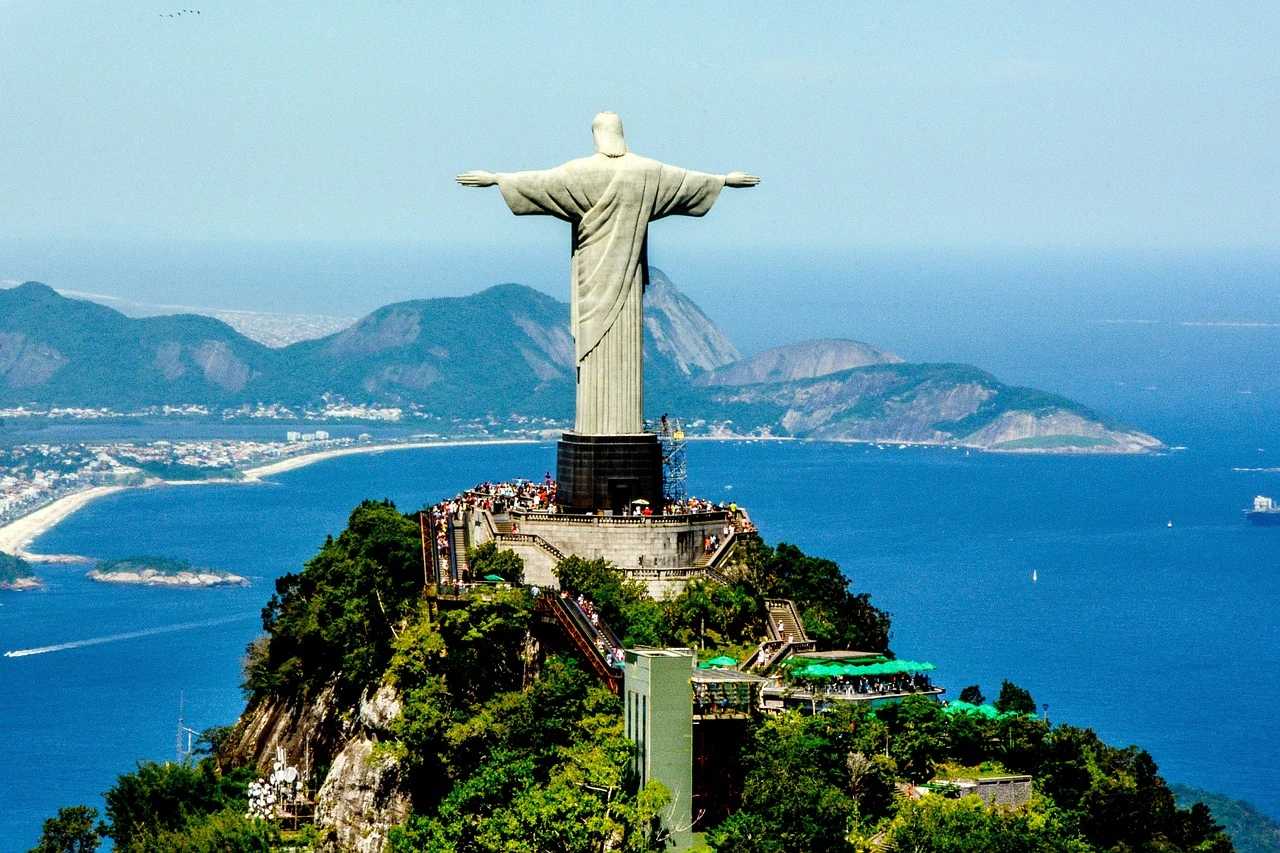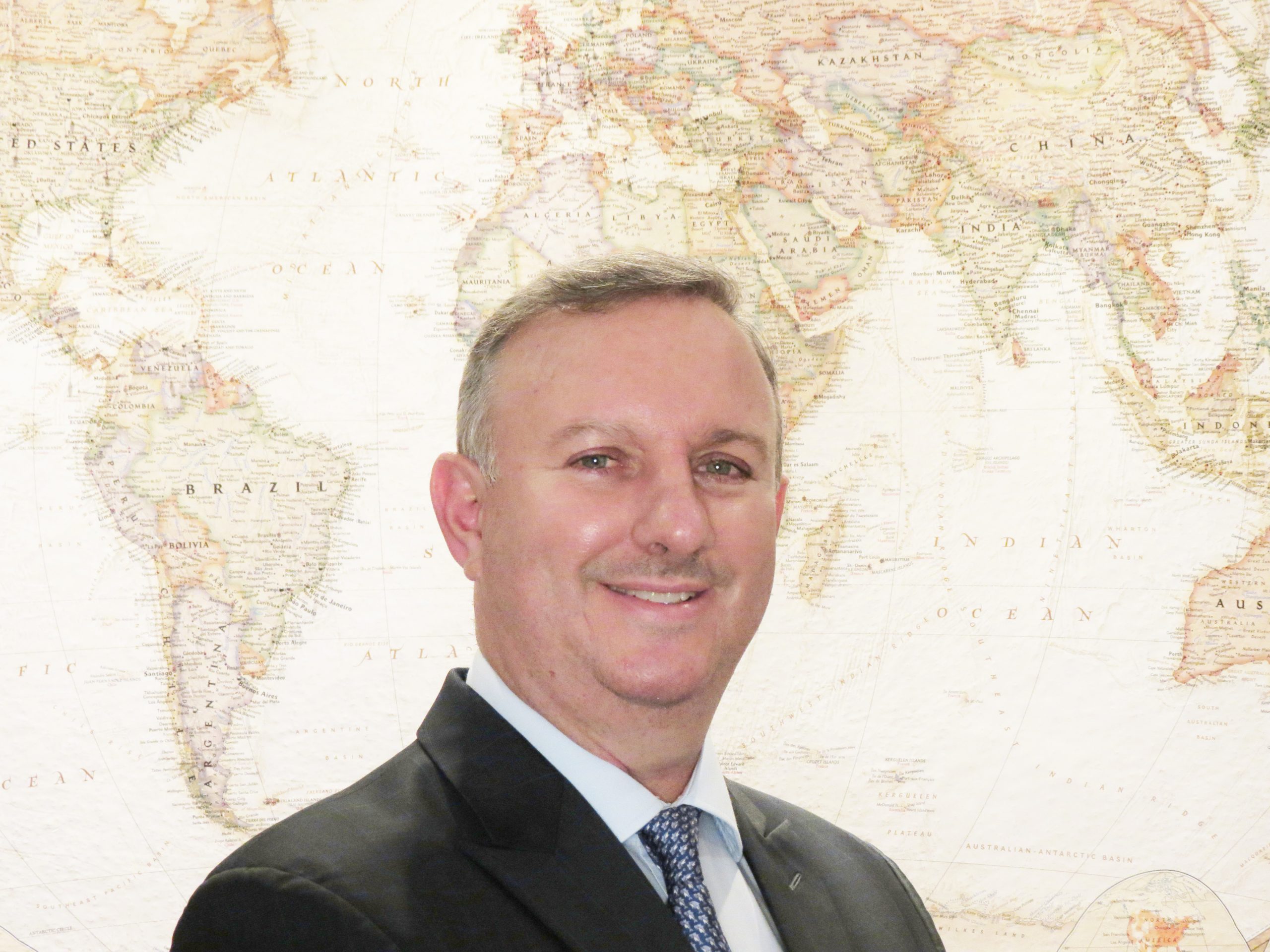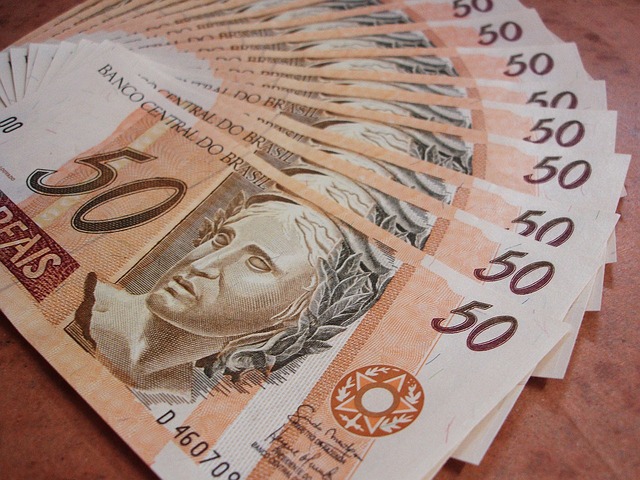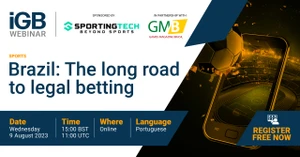Could Brazil sports betting measure fail in Congress?

Last week, lawmakers filed 244 amendments to Provisional Measure (PM) No 1,182, the presidential decree which confirms the 2018 Brazil law regulating the sports betting sector. These amendments included 57 proposed by senators.
Amendments to the proposed tax rate and new advertising restrictions are among the changes proposed. These are not final and will need Congress’ approval to become law.
The measure previously received a largely negative reception from industry. Criticisms focused on the high tax rate, payment issues and potential regulatory risk.
President Luiz Inácio Lula da Silva issued the PM at the end of July. This represented the latest step on the long journey to regulate sports betting in the world’s seventh most populous country.
Since the executive unilaterally posted the measure, it requires approval from the National Congress within a 120-day period.
Congress tries to claw back authority
However, rumours lawmakers will ultimately deny approval are mounting. This would be a step backward in a long-running regulatory process.
Neil Montgomery, founder and managing partner of Brazilian law firm Montgomery & Associados, said there has been a feeling Congress has been playing second fiddle to the government in the process.

“The federal government focused more on the [PM] and not as much on the bill of law, thereby not giving Congress a leading role in the regulatory process,” said Montgomery.
Montgomery highlighted the next few months will be “key”. Nevertheless, he predicted Brazilians would not be placing bets with regulated operators anytime soon.
“In any event, given that additional administrative ordinances will also be required to be issued by the Ministry of Finance, which has been confirmed the regulator for the time being, we will not see a licensed sports betting market operating in Brazil before 2024.”
Brazil sports betting amendments jack up tax rate
Several of the amendments sought to amend the percentage of gross gambling revenue retained by the gaming operators. Many did so in order to change the amounts earmarked for particular government departments.
While the 18% tax rate set by the PM was higher than the industry expected, and despite criticism the true tax rate will stand closer to 30% once additional contributions are accounted, many amendments aimed to increase the tax burden.
Teresa Leitão, a PT senator representing the state of Pernambuco, put forward an amendment which would increase the tax on operators to 22%.
The percentage of the sports betting revenue allocated to basic education should rise to 4.82% from 0.82%, Leitão said, with the amount being diverted from the operator’s revenue.

PSB/GO senator Jorge Kajuru argued funding should instead help the federal police effectively combat match-fixing.
“It should be noted that, according to surveys by Sportradar […] Brazil is the country with the highest number of alerts in the world of possible manipulation of results in football,” he said.
As suggested by Leitão, Kajuru argued gambling operators should pay for this out of their contributions, meaning a 23% tax.
Proposal to reduce Brazil tax burden
However, not all of the amendments were unfriendly to the industry. MDB deputy Newton Cardoso Jr proposed an amendment reducing the sports betting tax to 11%.
Cardoso submitted the proposal after warnings about the “potential impacts on the viability of the Brazilian market” a high rate would cause.
The deputy highlighted the British 15% GGR tax as the model Brazil should aspire to. Cardoso pointed to additional contributions, such as PIS, COFINS and ISS, which would push the effective rate to 32.3%.
“Excessive taxation tends to encourage the illegal market and organised crime, since it makes legalised activity highly unfavourable to consumers and companies,” he said.
Senator proposes total betting ad ban in Brazil
Many senators proposed competing visions of the restriction of sports betting advertising in Brazil. However, NOVO senator Eduardo Girão submitted the most comprehensive one.
Highlighting the Premier League’s front of shirt ban on gambling advertising, the senator’s proposal would ban sports betting advertising “of any kind and in any mass media”.
This would include within newspapers, television, radio and social media channels. It would also apply inside sports venues, on the kit of sports players and on online portals.

